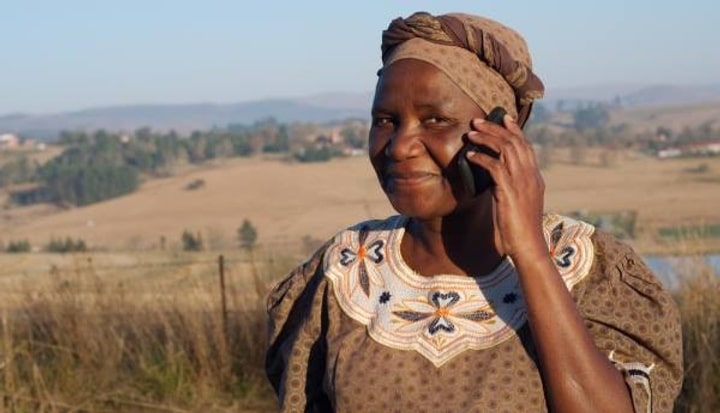In 2011 I was in Uganda, in a village without power, near the border of Congo. There, I was surprised to see many locals with mobile phones, as there was no way they could charge them in the village at that time. There was mobile coverage though! Then I learned that they walked to the nearest town with power, where they could have their phone charged. The problem was that the nearest town with power was a day’s walk away and the costs of charging quite high!
The observation was interesting in several ways. First, it showed an extraordinary interest in mobile phones. Second, it showed that they would spend a significant amount of money on charging. Third, it made me think that there must be easier ways of serving those needs.
Why the extraordinary interest in mobile phones? I think there are three main factors that can explain it:
1) The need for reliable information about essentials in life, Many people in rural areas have heard that they can get reliable information from the Internet, and for many people a mobile phone is the only possible access to Internet and therefore the only source of reliable information about e.g. diseases, food, agriculture, birth control and training. If the life and well being of your family depends on reliable information, it is understandable that people spend hours, even days, per week walking to places with power to have the phone charged, and are willing to pay significant amounts for it.
2) The PAYG (Pay-as-you-go) model, which has made it possible to receive small payments up-front for the use. In our experience, many people have enough money to spend for essentials every week, but not for any significant investments, As the PAYG model does not require significant investments – you can pay the amount you can afford, it is more adapted to the way people live.
3) The extension of mobile towers in rural areas. The widespread of mobile phones in rural areas without power had not been possible if it hadn’t been for the mobile towers in such areas, ensuring connectivity.
What’s going to be the next revolution in Africa? I think it’s going to be the PAYG renting of off-grid Solar power, i.e. Solar lamps and systems, using mobile money. The tendency has been noted by Lighting Global (The World Bank Group), which reports that PAYG off-grid lighting and electricity is one of the fastest growing business models in Africa.
Based on the above, I think an important driver will be the mobile phones and their need for power. The off-grid Solar power will enable electricity needed for mobiles and other necessities, while the PAYG will enable people to pay smaller amounts for the power. The mobile money, which has spread from country to country, will allow for low operating costs, but also make it possible to assess the credit worthiness of people previously financially excluded (people with no bank accounts).
Consequently, I think we will see not only that many of the poor people will rent PAYG off-grid Solar power, but also that the power will power businesses and further developments. We will experience that emerging markets will develop even faster.
Editor’s Note:










